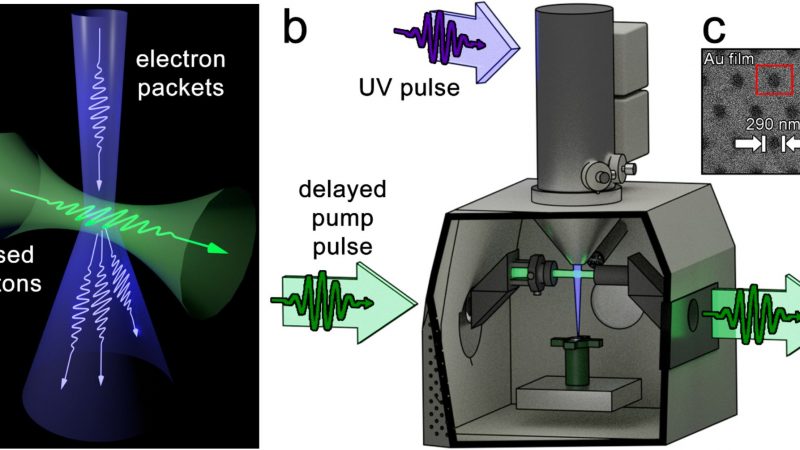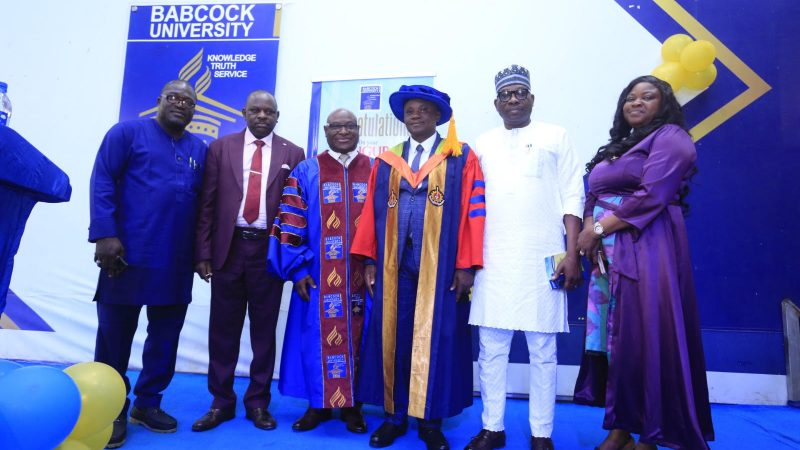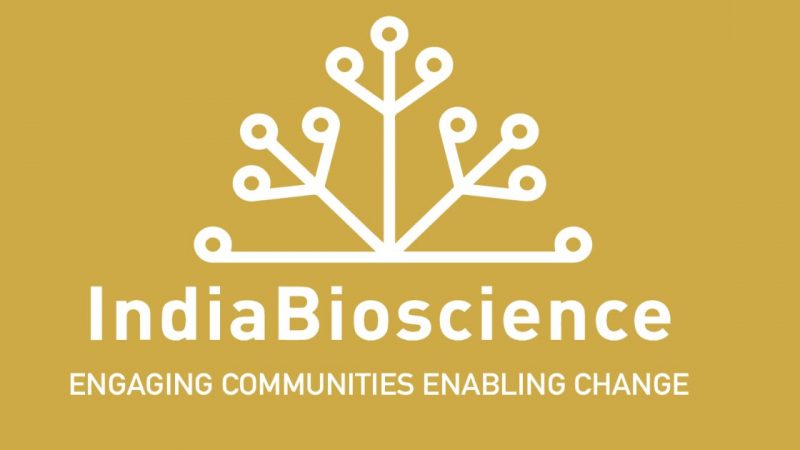Secretary of State Antony Blinken visits campus, seeks to harness technology to solve global challenges on America’s terms
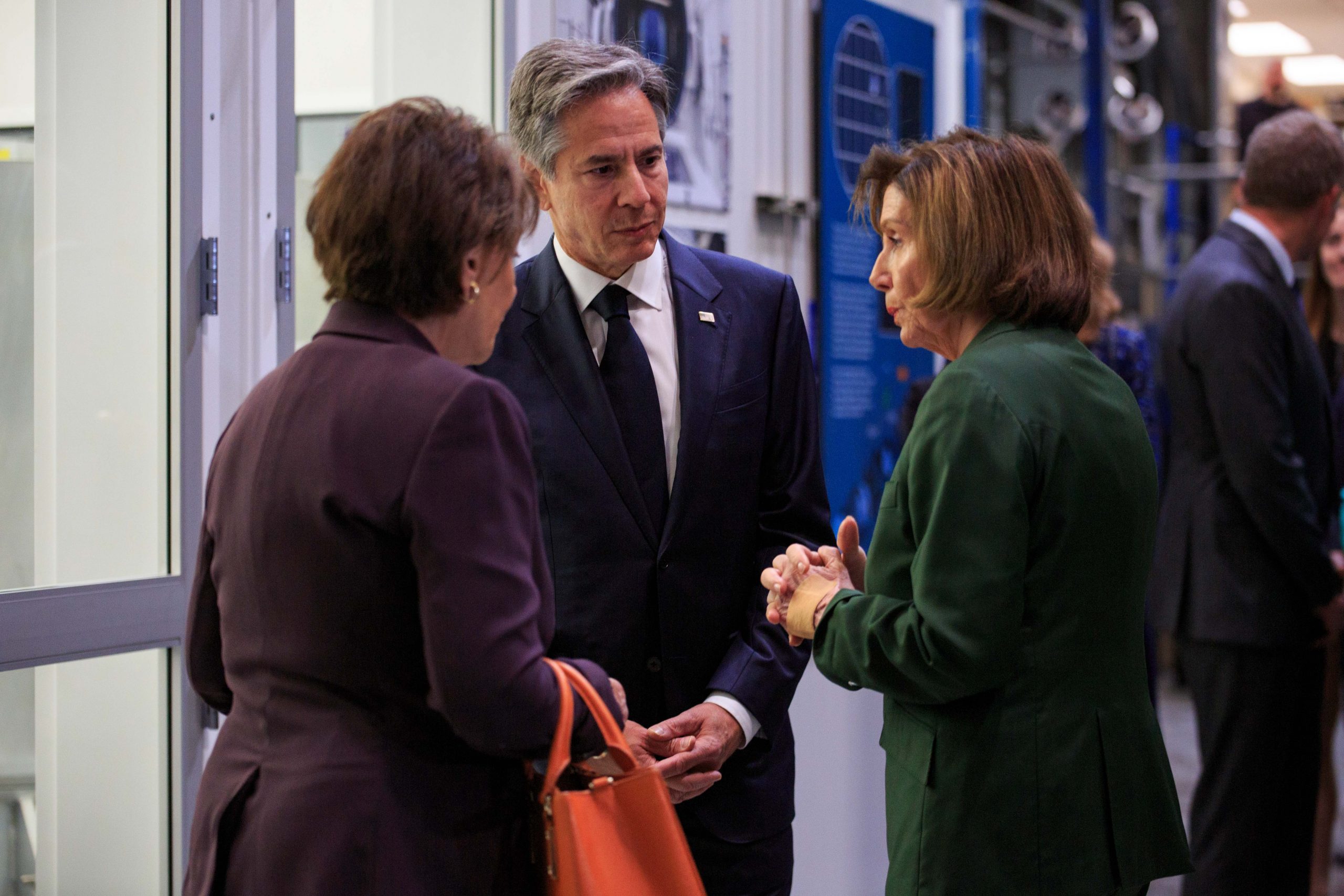
Secretary of State Antony Blinken outlined the U.S. national security strategy to restrain Russia, outcompete China and harness the power of technology for diplomacy at Stanford on Monday.
Blinken, who spoke with former Secretary of State and Hoover Institution Director Condoleezza Rice in a wide-ranging conversation, emphasized the importance of science and technology in the government’s push to modernize the military and protect human rights online.
“We are in the moment of intense competition which shapes what comes next,” Blinken said. “Technology, innovation, entrepreneurship — they are at the heart of it. This is how we are going to retool economies for the future, this is how we are going to modernize the militaries.”
The conversation came as a part of the Secretary’s visit to technology hubs in California, including a morning stop at Stanford’s SLAC National Accelerator Laboratory. There, he was joined by House Speaker Nancy Pelosi and Representative Anna Eshoo, who represents Stanford. The visit, he said at the conversation, reminded him of “America’s most positive role in the world” as the hub for innovation.
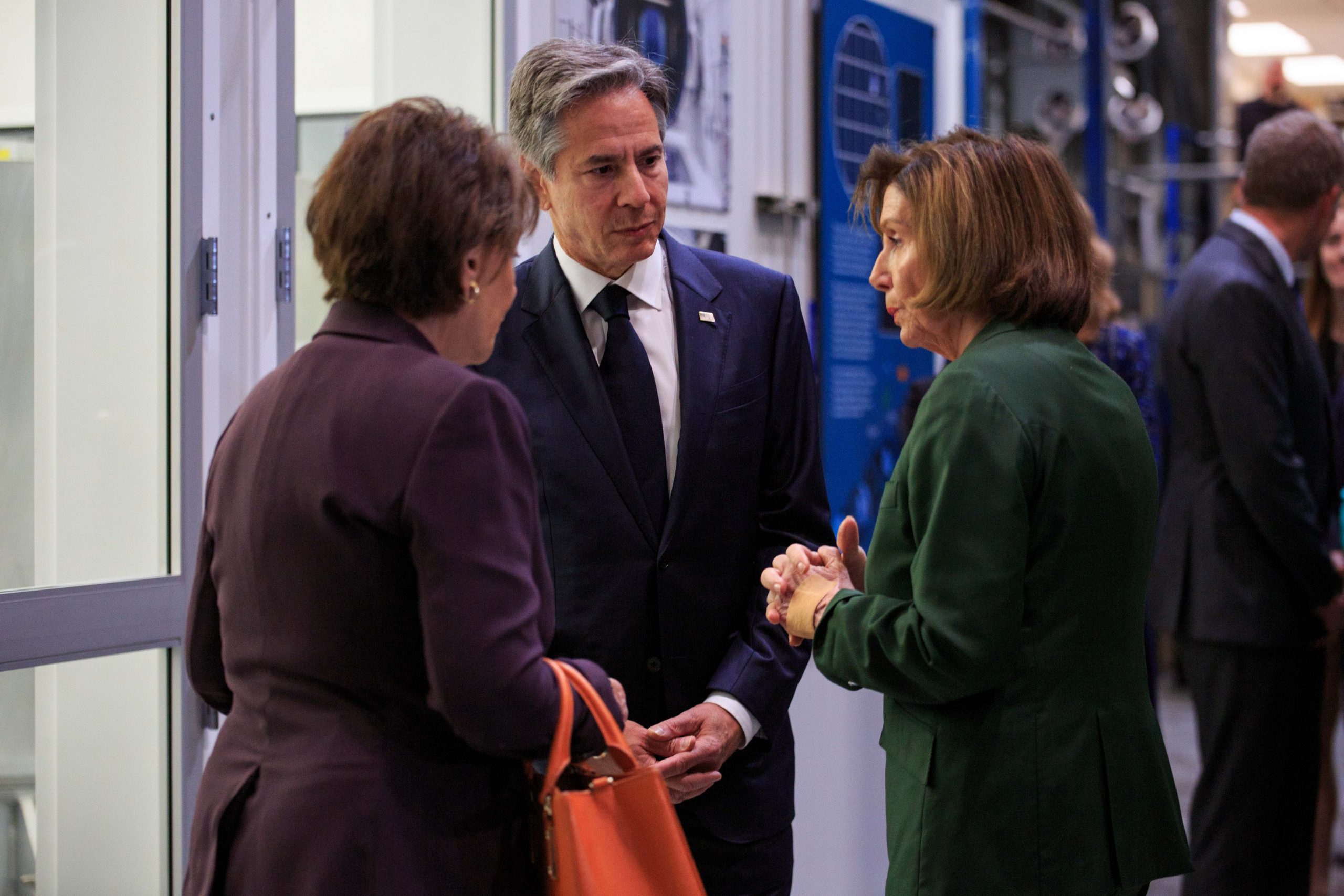
Blinken then spoke with Rice at the Hoover Institution Hauck Auditorium for a public talk where Ukrainian commerce delegation and start-up founders joined students and community members. Shortly after, Blinken attended a campus recruitment event for the state department, where he urged Stanford students to bring their ideas and technology expertise to the department.
The Secretary of State previously visited Stanford in October 2021, when he attended Rice’s reception and the memorial service for former Secretary of State George Shultz.
Blinken told The Daily that he has made it a priority to collaborate with universities and use “technology itself to deal with some of the downsides of the technology misuse when it comes to misinformation and disinformation.”
“We are trying to build these partnerships [with universities] to make sure that we are looking at every place that’s actually developing answers, including Stanford, and integrating that into what we do,” Blinken said in an interview.
Blinken cited his recent visit to Purdue University as an example of his campaign to promote collaboration. There, he visited the University’s microelectronic training facilities at the Birck Nanotechnology Center and talked to the campus community about “building a semiconductor ecosystem to restore domestic manufacturing and competitiveness abroad,” according to a press notice.
“It’s a vital work, and it’s a work in progress, but we are really grateful for the fact that so much [that] is being thought about is here that we can actually put to good use when dealing with this problem,” he added.
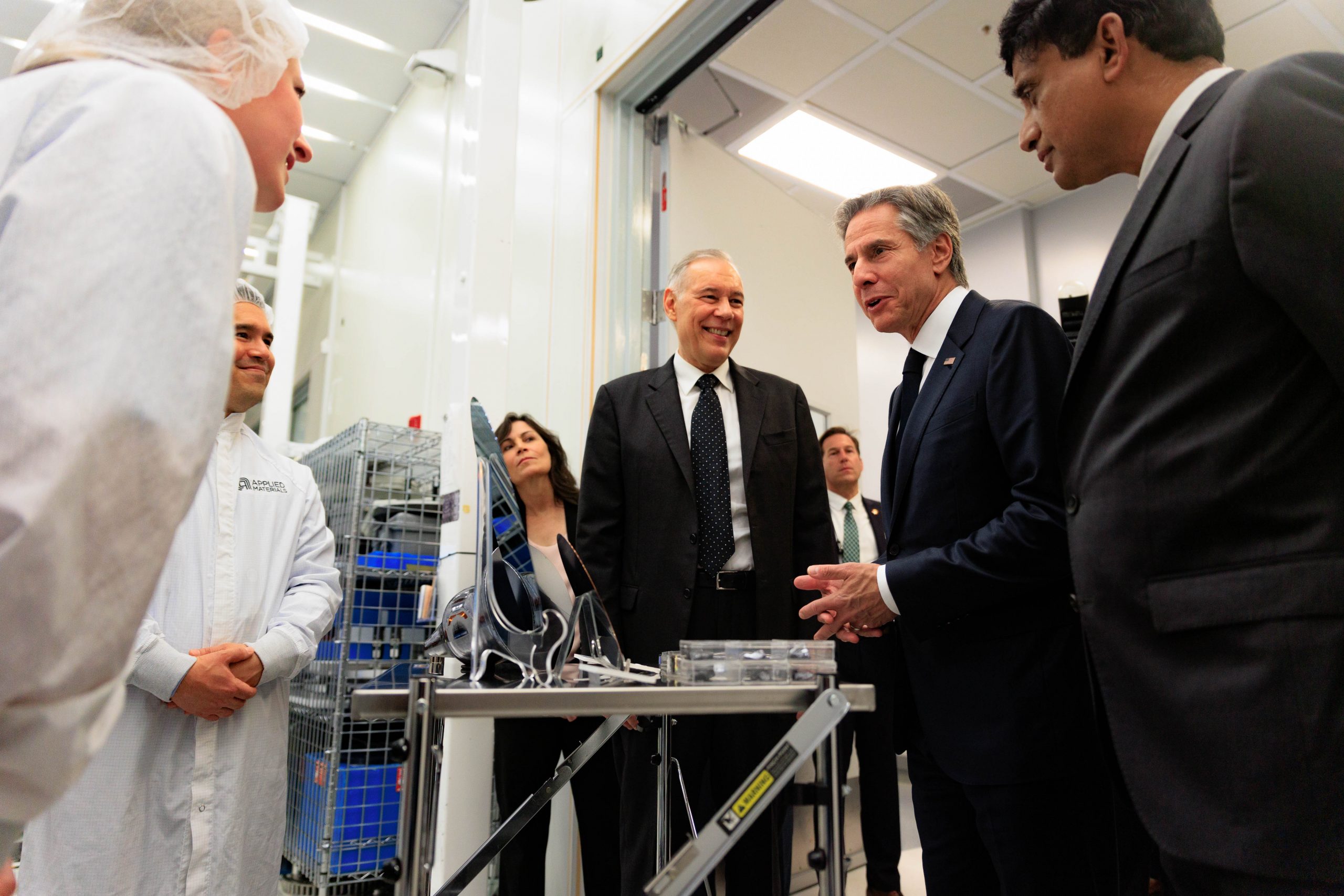
Modernizing diplomacy for a digital age, Blinken said, is also a priority within the state department. Blinken recently created The Bureau of Cyberspace and Digital Policy, which intends to help the department organize and track talent, as well as lead on issues such as climate change, health, energy and digital policy.
“Our bread and butter remains issues of war and peace, preventing conflict making and helping to end conflict where we can, making sure that the American people are secure through the diplomacy, but each of these issues is directly tied to that,” Blinken said.
When asked by Rice about some of the most pressing international issues, such as protests in Iran and Russia’s war in Ukraine, Blinken said he supported the resilience of the democratic movements.
He applauded the grassroots nature of the movement in Iran, where protests in opposition to the government’s violence against women have gained international attention. He said, “It’s about Iranian people, about their country, about their future. They will decide it but we are demonstrating in practical and rhetorical ways our solidarity.”
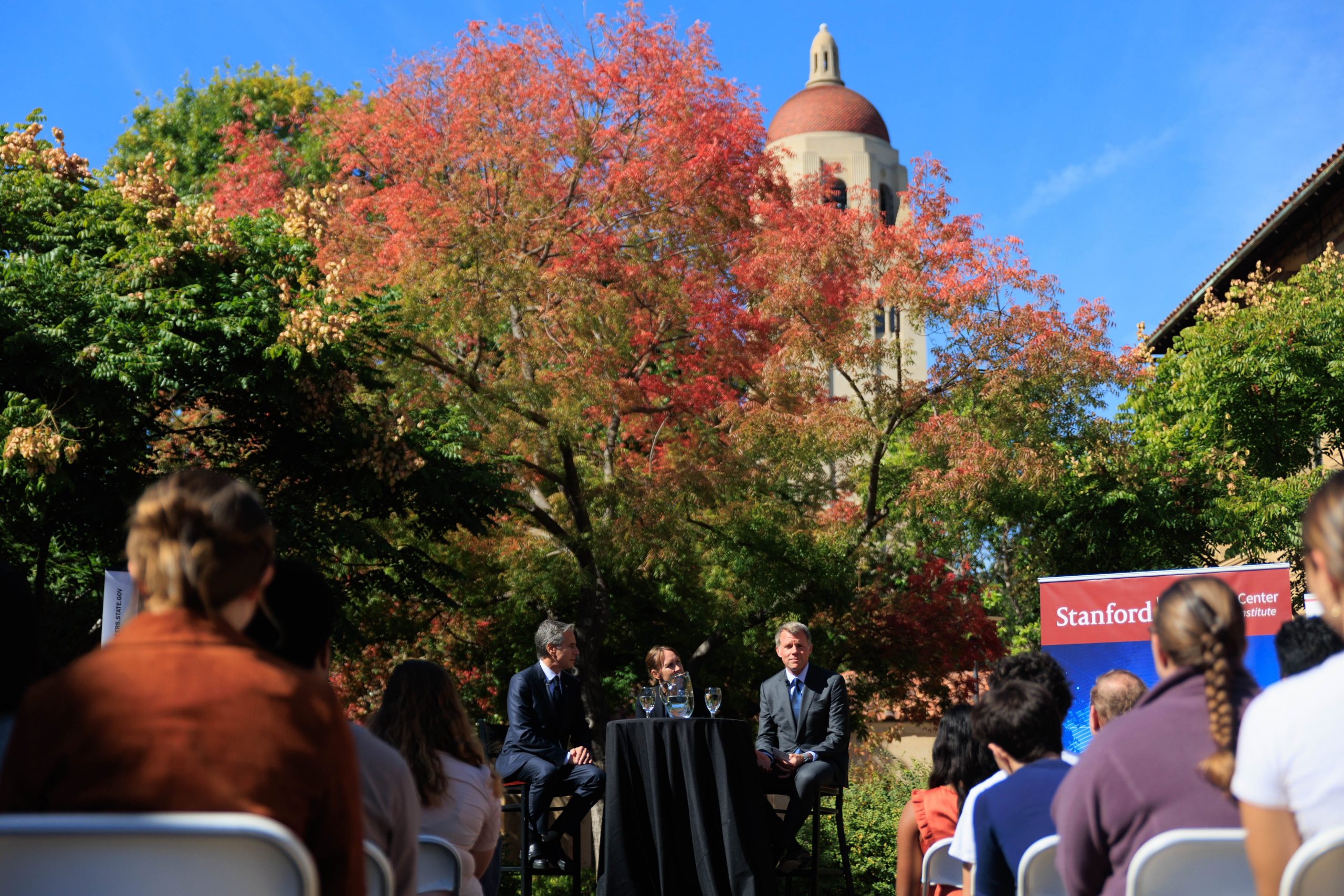
On the subject of Russian aggression, Blinken said there is a “Pandora’s box” that could be opened if America fails to stand up to autocratic disruptions of the rule-based international order. If Russian dictator’s actions in Ukraine go unpunished, he said, it will only encourage more autocrats to attempt the same attacks globally.
“That’s going to stir up conflict in many parts of the world,” Blinken said. “And the one thing we know from history is inevitably, one way or another, this pulls us in. And we can do whatever we can to prevent, rather than having to respond, and to make sure that some of these rules are upheld even as we try to modernize them.”
International attendees of the event said they found the talk helpful in understanding the national security strategy of the United States.


